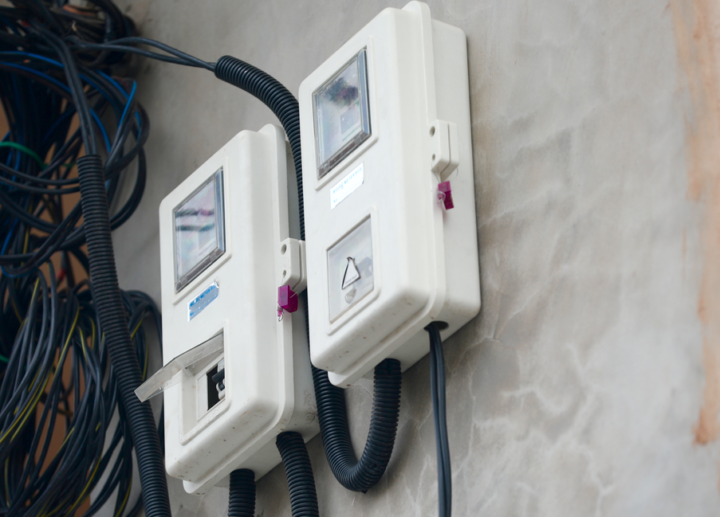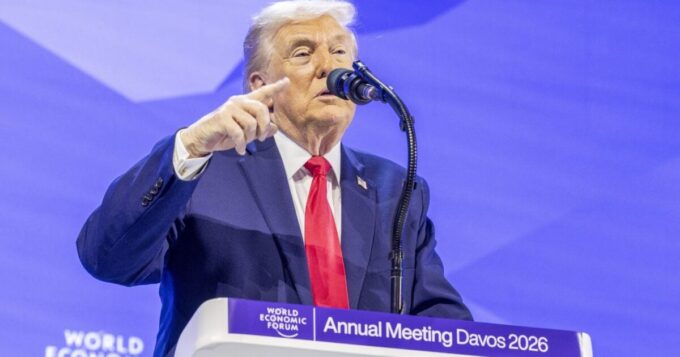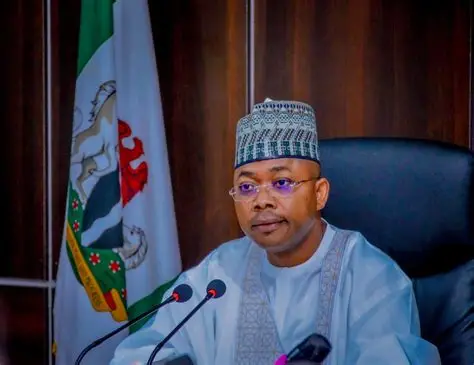From Isaac Anumihe, Abuja
The Association of Nigerian Electricity Distribution Companies (ANED) has cautioned against the recent tariff reduction by the Enugu Electricity Regulatory Commission (EERC), warning that the Federal Government may not sustain electricity subsidies for market participants due to an existing debt of nearly N5 trillion to the industry.
ANED’s Managing Director and Chief Executive Officer, Sunday Oduntan, stated that the delay in prompt subsidy payments has already placed a severe operational burden on generation companies (GenCos) and gas suppliers, who are owed close to N5 trillion. “It’s already a fact today that the delay in the prompt payment of electricity subsidies has put the generation companies and gas suppliers under severe operational burden due to the almost N5 trillion outstanding to these market participants,” Oduntan said in a statement on Thursday, July 24, 2025.
He noted that the Federal Government’s subsidy budget is not elastic, and further tariff reductions, like the EERC’s cut of Band A tariffs from N209 per kilowatt-hour to N160/kWh, could exacerbate the subsidy burden. “Any tariff reduction following the approach adopted by EERC may further bloat the subsidy obligations of the federal government. We believe that the Federal Ministry of Power and the Nigerian Electricity Regulatory Commission (NERC) would be watching closely to provide guidance and align state and federal objectives to ensure electricity access is accelerated in a sustainable and affordable manner,” he added.
Oduntan highlighted that EERC’s decision relied heavily on federal subsidies, which must be transparently structured and promptly funded to avoid cashflow disruptions and erosion of market confidence. “While the electricity distribution companies (DisCos) are not opposed to subsidies in principle, we strongly emphasise that subsidies must be transparently structured and promptly funded. Delayed or unfunded subsidies create cashflow disruptions, undermine market confidence, and deepen the existing liquidity crisis across the electricity value chain,” he said.
Since the EERC tariff cut, other DisCos have faced intense pressure from consumers demanding similar reductions, with some threatening to stop paying electricity bills. Oduntan warned that uncoordinated state-level tariff reductions, without alignment with market-wide cost-recovery mechanisms, could lead to shortfalls in DisCos’ remittances, further jeopardising GenCos and upstream service providers. “Any state-level policy action such as unco-ordinated tariff reductions that does not align with market-wide cost-recovery mechanisms will inevitably result in shortfalls in DisCos remittances to the market below their current distribution remittance obligations, thereby putting generation companies (GenCos) and other upstream service providers at further financial risk,” he stated.


















Leave a comment